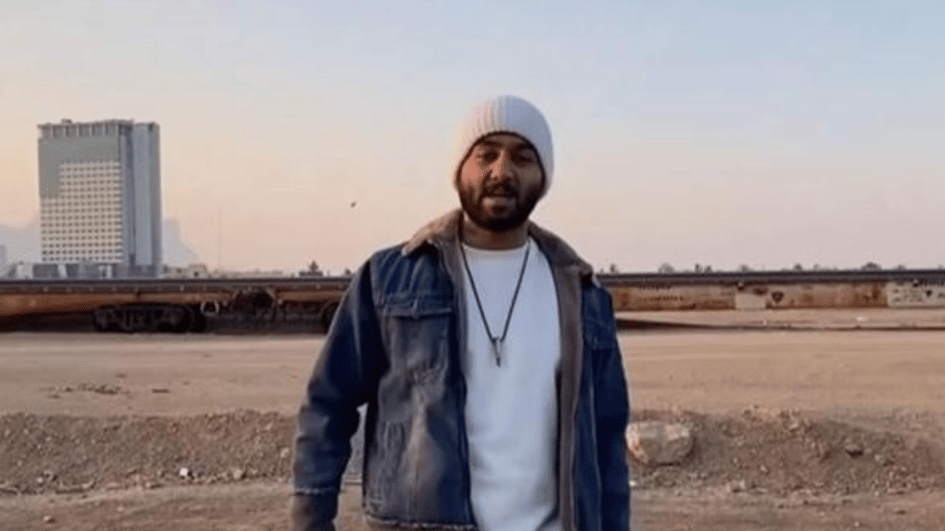Turkish government upgrades military readiness
The Turkish government has put its armed forces into a “high state of readiness” because of the tension along the border with Syria, a high-ranking official told the Hürriyet Daily News. The source, who asked not to be named, said the government decision was based on the authority given by Parliament on Oct. 5 after a shell fired from civil war-hit Syria killed 5 civilians in the Turkish border town of Akçakale the night of Oct. 3.
That explains the recent Turkish military buildup along the 910-kilometer joint border with Syria. It’s not only the land forces; the pictures of heavy artillery, tank and air defense units have been all over the Turkish media for days. But the Diyarbakır air base in southeast Turkey is reinforced with F-16 wings from the bases in western Anatolia and the navy has put the word out that fully equipped warships have sailed to the Mediterranean Sea; all of this implies pressure on Syria. Moreover, Gen. Necdet Özel, the chief of Turkish General Staff, has been inspecting the border positions, town by town, post by post since Oct. 8, Monday evening. Besides being unusually long for such practices, it unusually turned into a publicity event. Gen. Özel has visited the house which was hit by the Syrian shell, talked to the father who lost his wife and kids there, promised him that if that was repeated a stronger response would be given and talked to young people on streets and raised his right fist with “We’ll show them”-type words to convince them that the military was ready to protect them. To repeat, this is unusually public even for the Turkish army.
It appears that the general with his brass has started this tour following a government order to upgrade the Turkish Armed Forces’ state of readiness for war to a higher level; higher than the one imposed by changing the rules of engagement along the border after Syria shot down a Turkish F-4 reconnaissance plane with two pilots in June. Earlier on Oct. 8 there was a Cabinet meeting, and President Abdullah Gül said the worst case scenario is happening in Syria and both he and the government were in close contact with the chief of General Staff to assess the threat situation from Syria.
The Daily News source said that before the shell incident the government had already formulated the “threats to national security stemming from the situation in Syria.” Those are, in the order of importance, the threat of terrorism because of the border becoming highly vulnerable due to the civil war in Syria, the flood of refugees exceeding 99,000 officially with some 30,000 estimated more unofficially and the possibility that the crisis in Syria might spread to neighboring countries.
An interesting point here is the “terrorist threat” becoming more important than the “flood of refugees,” which was number one, up until a month ago. Security sources point out that increased activities of both groups affiliated with the outlawed Kurdistan Workers’ Party (PKK) in Syria and al-Qaeda and affiliated groups taking advantage of the power vacuum there played a role in this new assessment.
“We neither want war, nor escalation of tension,” the high-ranking source underlines. “But we want to give a strong message to the Syrian regime that Turkey is determined to protect its borders and people and ready to do whatever necessary; that is the meaning of a high level of readiness.”











